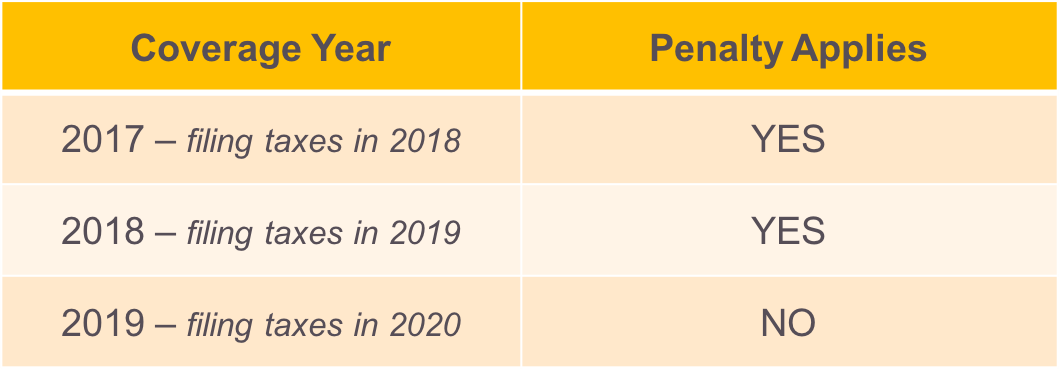A life insurance policy is an agreement with an insurance provider. In exchange for premium payments, the insurance provider supplies a lump-sum payment, called a death benefit, to recipients upon the insured's death. Typically, life insurance coverage is chosen based on the needs and objectives of the owner. Term life insurance coverage normally provides protection for a set time period, while long-term insurance coverage, such as whole and universal life, provides life time protection.
1 There are numerous ranges of life insurance. A few of the more typical types are discussed below. Term life insurance coverage is developed to provide financial protection for a specific amount of time, such as 10 or twenty years. With traditional term insurance, the premium payment quantity stays the very same for the protection duration you choose.
Term life insurance coverage is typically more economical than irreversible life insurance. Term life insurance coverage proceeds can be used to replace lost potential income during working years. This can supply a safeguard for your beneficiaries and can likewise assist make sure the household's monetary objectives will still be metgoals like settling a home loan, keeping a service running, and spending for college.
Universal life insurance coverage is a type of irreversible life insurance created to provide life time coverage. Unlike entire life insurance, universal life insurance coverage policies are versatile and may allow you to raise or decrease your premium payment or coverage quantities throughout your lifetime. In addition, due to its life time protection, universal life normally has greater premium payments than term.
Indicators on What Is Term Life Insurance Mean You Should Know
Another typical use is long term earnings replacement, where the need extends beyond working years. Some universal life insurance product develops concentrate on offering both survivor benefit coverage and building money worth while others focus on offering ensured death advantage coverage. Entire life insurance coverage is a kind of permanent life insurance developed to offer lifetime coverage.
Policy premium payments are typically repaired, and, unlike term, entire life has a money value, which works as a cost savings element and may collect tax-deferred with time. Whole life can be used as an estate preparation tool to help maintain the wealth you plan to move to your recipients. Income replacement during working years Wealth transfer, earnings protection and some styles focus on tax-deferred wealth build-up Wealth transfer, conservation and, tax-deferred wealth build-up Designed for a particular duration (usually a variety of years) Flexible; typically, for a lifetime For a life time Usually cheaper than long-term Usually more expensive than term Generally more expensive than term Generally repaired Flexible Generally set Yes, typically income tax-free Yes, typically income tax-free Yes, usually income tax-free No No2 No No Yes Yes Yes, Fidelity Term Life Insurance Coverage3 Yes, Universal Life Insurance coverage, mainly focused on survivor benefit security No, standard Whole Life Insurance is not presently provided Insurance companies use rate classes, or risk-related categories, to determine your premium payments; these http://borian37vg.booklikes.com/post/3140155/the-5-second-trick-for-how-much-is-life-insurance-a-month classifications don't, nevertheless, impact the length or amount of protection.
Tobacco use, for instance, would increase threat and, for that reason cause your premium payment to be higher than that of somebody who does not use tobacco.
Life insurance coverage is an agreement between an insurer and a policyholder in which the insurer guarantees payment of a death benefit to named beneficiaries when the insured dies. The insurer assures a survivor benefit in exchange for premiums paid by the policyholder. Life insurance is a legally binding agreement.
The 25-Second Trick For What Is The Purpose Of A Disclosure Statement In Life Insurance Policies
For a life insurance coverage policy to remain in force, the insurance policy holder should pay a single premium up front or pay regular premiums with time. When the insured passes away, the policy's named beneficiaries will get the policy's stated value, or survivor benefit. Term life insurance coverage policies expire after a specific variety of years.

A life insurance policy is only as good as the monetary strength of the business that provides it. State guaranty funds may pay claims if the issuer can't. Life insurance provides monetary support to surviving dependents or other beneficiaries after the death of an insured (how to find out if someone has life insurance). Here are some examples of individuals who may require life insurance coverage: If a parent passes away, the loss of his or her earnings or caregiving abilities might create a monetary hardship.
For kids who need long-lasting care and will never ever be self-dependent, life insurance coverage can ensure their requirements will be met after their moms and dads die. The survivor benefit can be used to money a special needs trust that a fiduciary will manage for the adult child's benefit. how much is life insurance. Married or not, if the death of one grownup would mean that the other could no longer manage loan payments, upkeep, and taxes on the home, life insurance coverage may be an excellent concept.
Many adult children sacrifice by taking time off work to care for a senior moms and dad who requires help. This aid might also consist of direct monetary assistance. Life insurance coverage can help repay the adult child's costs when the parent dies. Young adults without dependents seldom need life insurance coverage, but if a moms and dad will be on the hook for a kid's financial obligation after his or her death, the kid might wish to bring sufficient life insurance to settle that financial obligation.
How Much Can I Borrow From My Life Insurance Policy - Questions
A 20-something grownup might purchase a policy even without having dependents if there is an expectation to have them in the future. Life insurance coverage can supply funds to cover the taxes and keep the full worth of the estate undamaged.' A small life insurance policy can supply funds to honor a liked one's passing.
Rather of picking in between a pension payment that provides a spousal advantage and one that doesn't, pensioners can pick to accept their complete pension and use a few of the cash to buy life insurance to benefit their spouse. This technique is called pension maximization. A life insurance policy can has two main parts - a death advantage and a premium.
The survivor benefit or face value is the quantity of cash the insurance provider ensures to the recipients recognized in the policy when the insured passes away - how do life insurance wesley person murder companies make money. The guaranteed might be a parent, and the recipients may be their kids, for example. The guaranteed will select the desired survivor benefit quantity based upon the recipients' estimated future needs.
Premiums are the money the insurance policy holder pays for insurance coverage. The insurance provider should pay the survivor benefit when the insured dies if the policyholder pays the premiums as needed, and premiums are determined in part by how most likely it is that the insurance provider will need to pay the policy's survivor benefit based upon the insured's life expectancy.
The Buzz on How Long Do You Have To Have Life Insurance Before You Die
Part of the premium likewise approaches the insurer's business expenses. Premiums are higher on policies with bigger survivor benefit, individuals who are greater danger, and permanent policies that build up money worth. The cash value of permanent life insurance serves 2 functions. It is a cost savings account that the insurance policy holder can use during the life of the guaranteed; the cash collects on a tax-deferred basis.

For example, the insurance policy holder may secure a loan against the policy's cash worth and have to pay interest on the loan principal. The insurance policy holder can also use the cash worth to pay premiums or purchase additional insurance coverage. The cash worth is a living advantage that stays with the insurance business when the insured passes away.